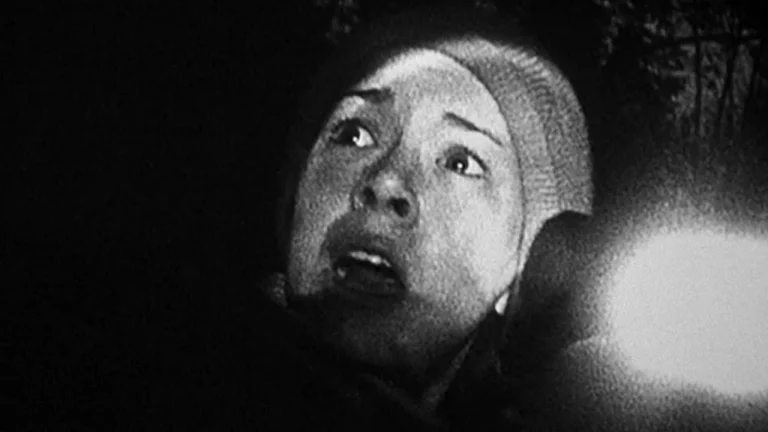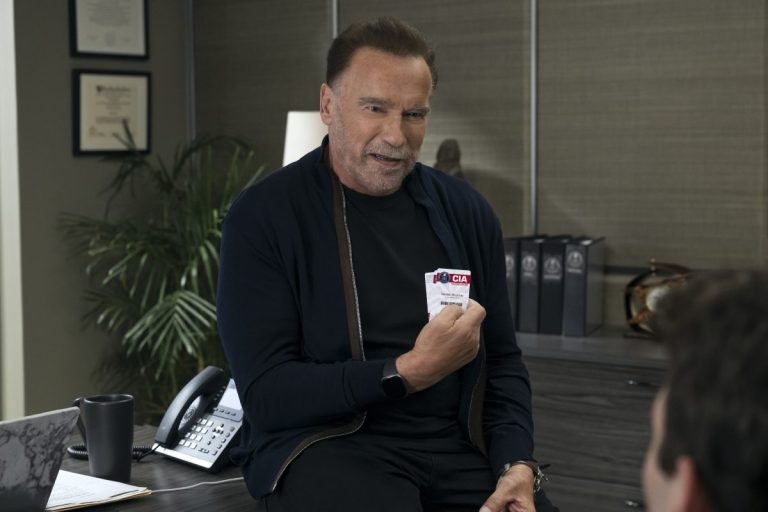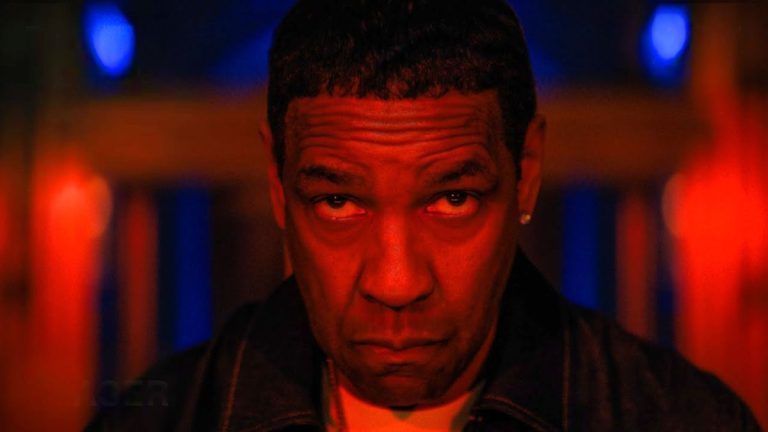The multiverse is a fascinating concept. The idea that many other universes exist that have a life of their own and a version of their own reality opens up the expanse of storytelling to grander highs. The Marvel movies have used – or should I say overused the concept to such an extent that there is an exhaustion that has set in. However, other movies, especially the ones with less on their minds & pockets, have managed to surpass expectations by using it smartly. This is why The Shift (2024) felt right up my alley.
It all begins with Kevin Garner (Kristoffer Polaha), a hedge fund dude who is down on his luck after the 2008 financial crisis has put him in a sorry state. Having lost his job, he is drowning his sorrow in a bar when a beautiful girl approaches him and starts to flirt oh-so-casually. She later introduces herself as Molly (Elizabeth Tabish), and we get to know that the flirting part was part of a dare. However, their chemistry is palpable and believable. Writer-director Brock Heasley makes sure that the quick progression in their relationship feels authentic. Thanks in large part to the actors who pull it off with great elan.
But here’s the catch: we fast forward a few years, and a tragedy has caused the loving couple to pull away from each other. He is now in a sorry job, and she is unhappy by just looking him in the eye. Before we can know the reason behind the distance, Kevin gets sucked out of his universe into another one where he meets The Benefactor (Neal McDonough), who is hell-bent on making Kevin one of his henchmen – The Shifters. If it’s not clear till now, The Benefactor is supposed to be the Devil, and Kevin is a reiteration of Job from The Book of Job, and since it’s testing time, he is stuck in this reality away from his wife.
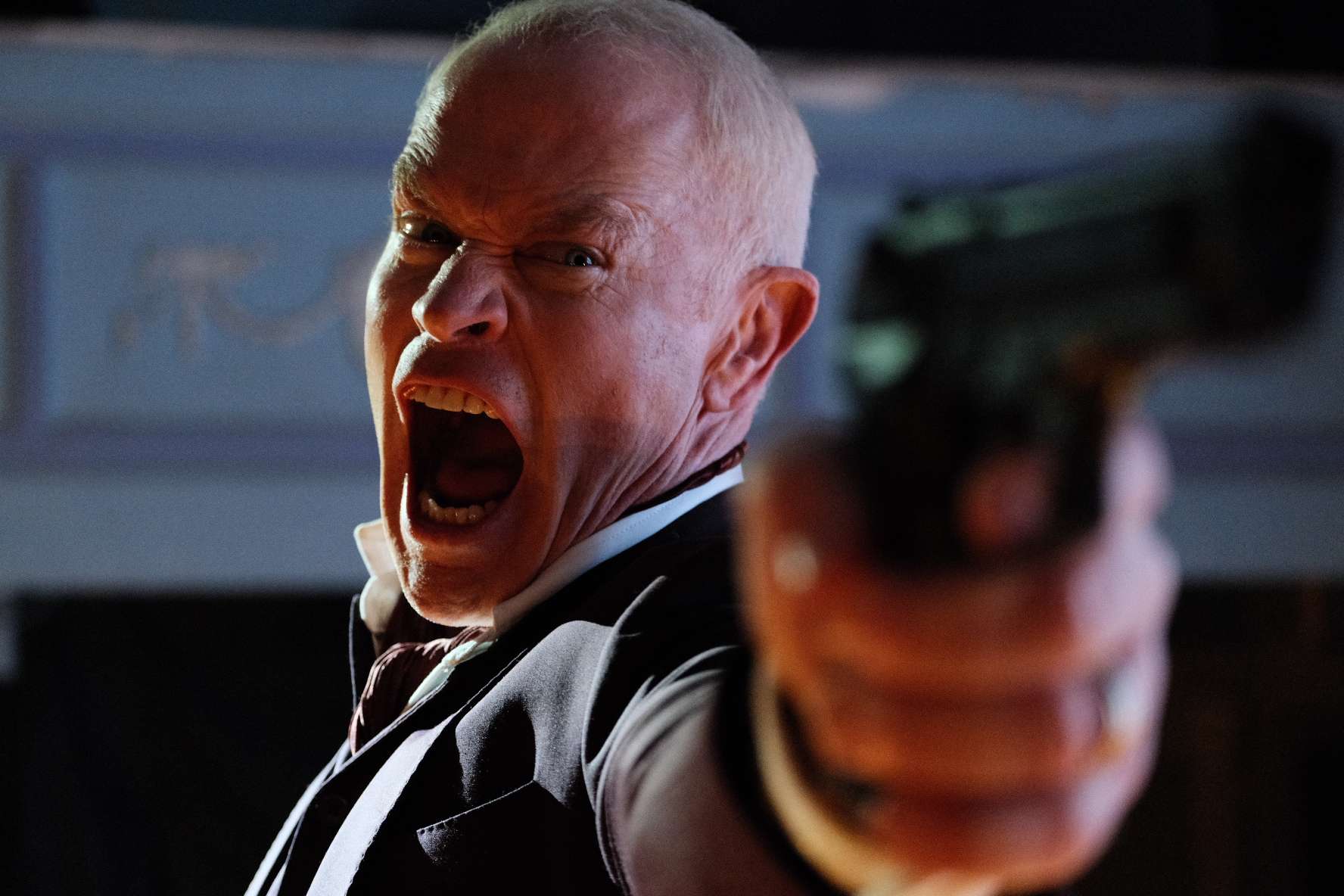
Now, up until this point, the film made some kind of sense and got you a little excited. However, from here on out, it turns into a shoddy mess that is hard to sit through. The Benefactor vanishes when Kevin starts praying and, for some reason, vanishes for five long years, which is apparently enough for a man of faith to take up the pen and start writing like a professional writer. He also spends some of his time in the universe’s viewing room looking for Molly.
The use of the multiverse goes out of the window, and the film starts smashing its smart sci-fi concept to smithereens by instead peddling some extremely inept faith-based propaganda your way. I would have taken it with a pinch of salt if the idea of the film was just built on ‘having faith’ or ‘being kind,’ something that Angel Studio’s other feature film ‘Cabrini’ did so well. However, the film, even after its extremely incoherent final moment, uses its ‘act of kindness’ by asking you to buy a ticket for the movie for someone else. I draw a line.
The acting here is fairly convincing, and I wouldn’t say no to watching another film by director Brock Heasley, but this isn’t the one that I’d recommend. If you are looking for multiverse movies that use the concept smartly, go ahead and see James Ward Byrkit’s Coherence.



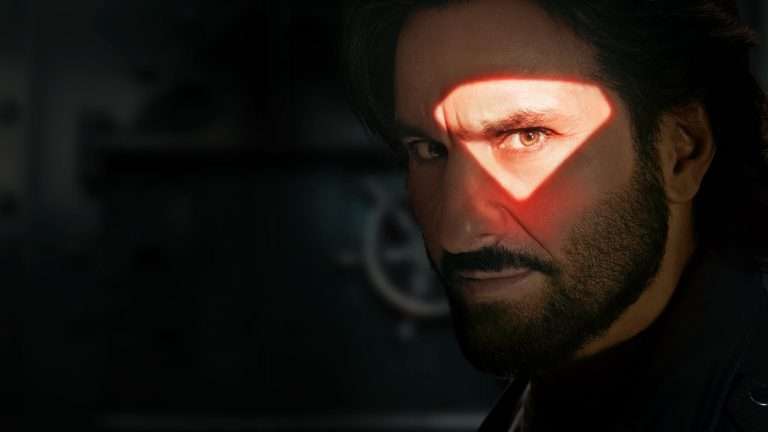
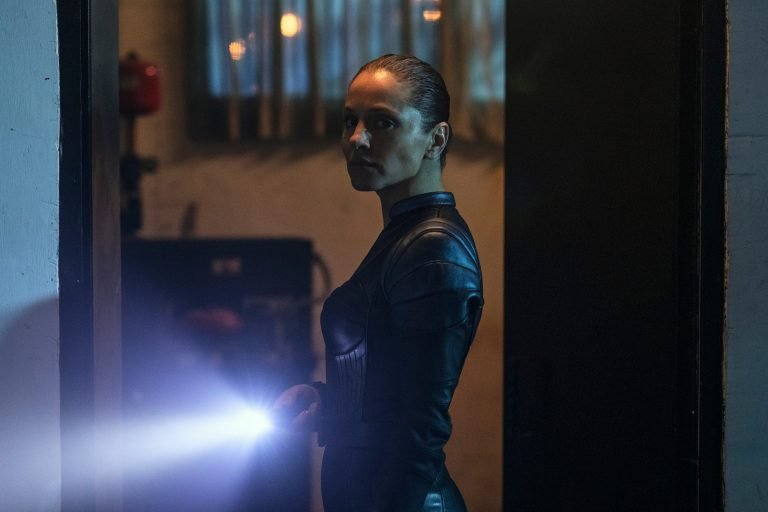
![Possessor [2020]: ‘BFI-LFF’ Review – A fine future addition to the realm of cult cinema](https://79468c92.delivery.rocketcdn.me/wp-content/uploads/2020/10/Possesor-1-highonfilms-768x432.jpg)
